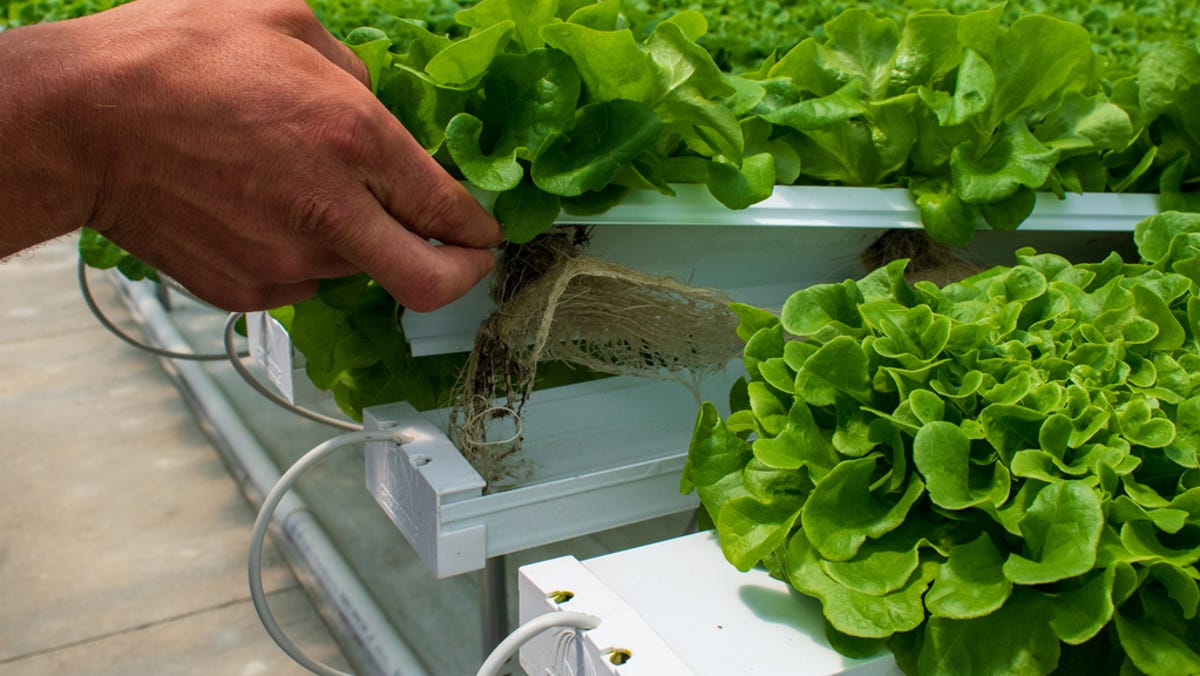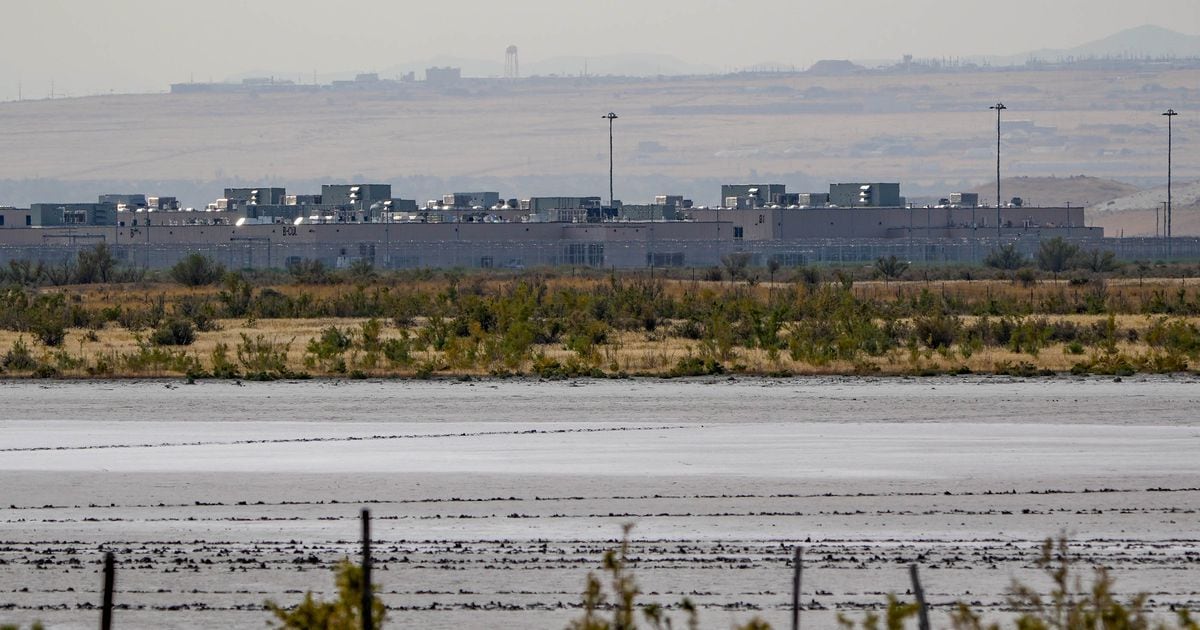And there is so much about insects that we still don’t understand, even though we are exterminating them at a terrifying rate. Though Goulson doesn’t specifically state it, the title of his book is certainly borrowed from conservationist Rachel Carson’s seminal 1962 title Silent Spring, which highlighted the effects of pesticides, especially DDT, on nature. DDT was banned in the US in 1972 and later around the world, but Goulson argues that conservationists then lost sight of the ball. Since Carson published her book, pesticide production has increased, with an estimated three million tons of chemicals being released into the environment each year.
Goulson – author of more than 300 scientific articles, including a large study of another type of synthetic pesticide, neonicotinoid – reveals the backlash he received from pesticide companies who, like DDT a generation ago, tried to undermine his findings. While neonicotinoids, which impair bees’ immune systems, impair their fertility and disrupt their sophisticated navigation skills, are now banned across the EU, they are still widely used in developing countries, where regulation is looser. Meanwhile, councils across the UK continue to spray glyphosate on our sidewalks and roadsides, even after the recent high-level court cases in the US linking the weed killer Roundup to cancer.
Our obsession with pesticides combined with climate change and habitat destruction that insects depend on is a toxic mix that is quickly fueling the insect apocalypse. But Goulson is a masterful communicator, and even as he outlines the extent of the devastation, he holds back from despair and never shies away. He admits that even he, a passionate insect lover who started collecting caterpillars in the playground at the age of five, keeps a tub of glyphosate in the garden shed – although he insists that he has not used it for several years and wouldn’t use now. Above all, his infectious love of insects lifts the book – and the reader – out of the abyss.
Each chapter begins with a profile of a particularly bizarre species: creatures beyond the imagination of even our far-fetched science fiction. Take the emerald green cockroach wasp, which deactivates its victim’s escape reflex and bites off its antennae before leading them into their den. The female wasp then lays her egg on top of the docile cockroach, leaving her growing larvae behind to devour them alive.
Goulson is passionate about eating insects. Since factory farming is rapidly wiping out nature, to avert disaster we must look for alternative forms of protein and join the 80 percent of the world’s population who already consume insects on a regular basis. We love to eat shrimp – which resemble insects with their segmented bodies and external skeletons – so why not go a step further?
Up until the past two centuries or so, an alien looking at Earth for the past 400 million years would have concluded at any point in time that this was the realm of insects. This book will make you think differently about our right to rule the planet. And you will never fly a fly with anger again.
Joe Shutes Forecast: A Diary of the Lost Seasons is published by Bloomsbury for £ 16.99. Dave Goulsons Silent earth is published by Jonathan Cape for £ 20. To order your copy for £ 16.99 visit Telegraph books









